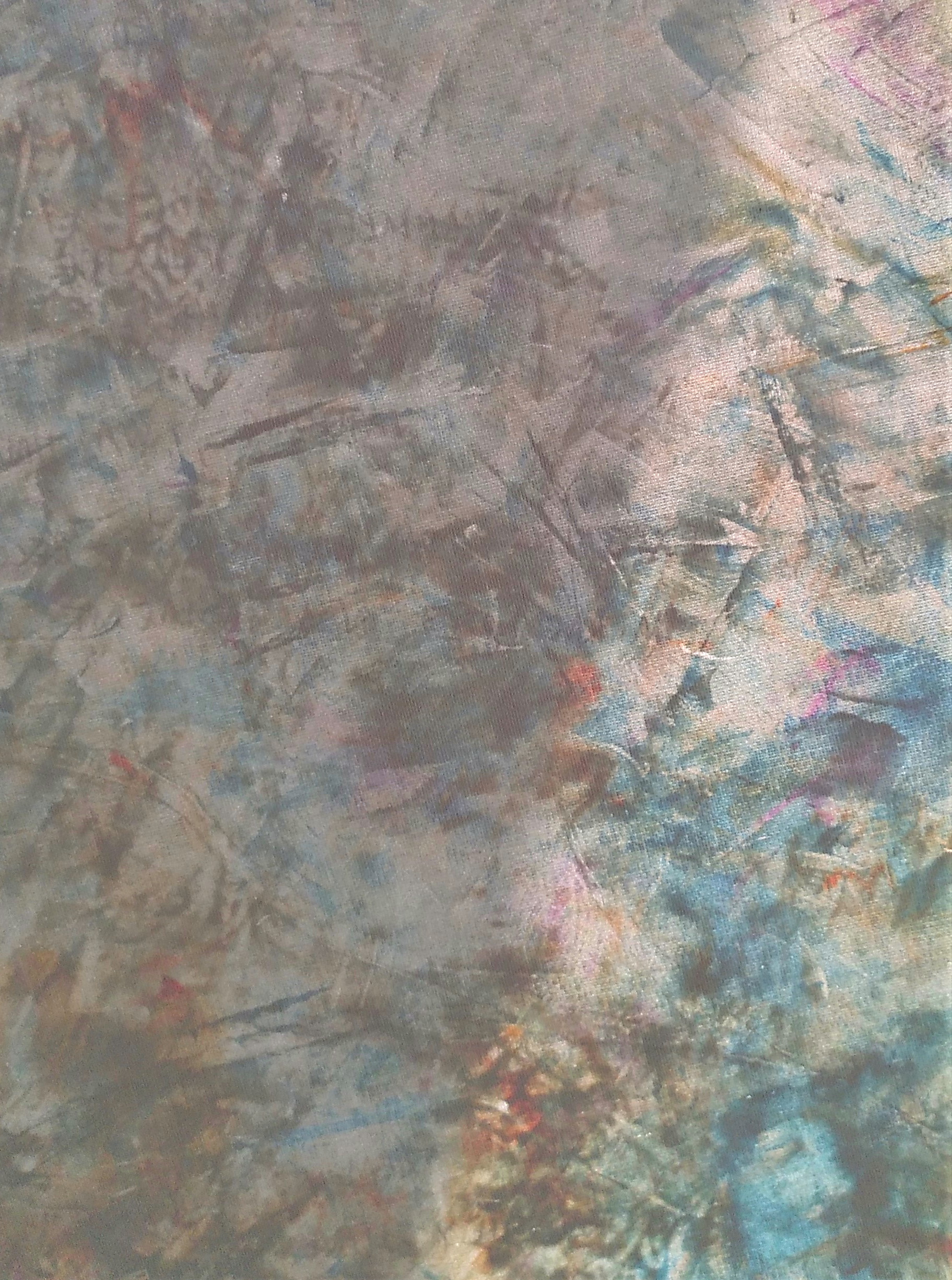By Fole Fowowe
About Good Grief:
Good Grief was born out of my personal experience with grief and cancer. I have witnessed first hand the impact cancer has on those diagnosed, however that impact does not exist in a vacuum. Good Grief is a community space for family, friends and loved ones that have been affected by cancer to share their stories.
Currently stories are shared on our Instagram page and explore a wide range of themes. If you would like to know more or share your story you can get in touch @goodgrief.club on Instagram or email us @goodgriefshare@gmail.com. We welcome people at any point in their journey, whether you or someone you know has just been diagnosed, is receiving treatment, is in remission or you’re experiencing grief after a loved one passes, every experience is valid. We also honour grief as a journey and ongoing process, one that often begins before someone passes and stays with us long after.
My Story:
Grief and cancer is embedded into every aspect of my life, down to my DNA. I first experienced grief after losing my Grandma to ovarian cancer as a child. I remember a deep sense of sadness but most of my emotions were clouded by an overwhelming sense of confusion. As a child I couldn’t comprehend the magnitude of what had happened. My grandma lived abroad most of my childhood and although I loved her dearly her passing didn’t have much effect on my everyday reality. I can’t say the same of losing my mum to cancer less than a decade later.
My mum’s cancer was insidious. It started off as a cough, not immediately concerning but when it lingered and worsened it became clear something was wrong. They did tests that came back unclear, leading them down rabbit holes, looking for a diagnosis in the wrong place. I’m not sure what finally led doctors to pancreatic cancer but by the time they got there it was too late. 9 months after her diagnosis my mum passed away. I was only 16 at the time. Eventually, the initial shock was replaced by a deep, suffocating grief. One that lingered and evolved but never seemed to lessen.
From that point on grief coloured every aspect of my life. I was severely depressed throughout my first year of Uni. I struggled to process my grief and access the support I so desperately needed. After struggling through first and second year I finally started therapy. It was the first time I acknowledged how deeply grief had impacted me.
A few years later cancer and grief were unceremoniously thrust back to the forefront of my life. During a coil fitting nurses found an 18cm cyst on my ovary and I was immediately referred for testing. Thankfully the cyst wasn’t cancerous but the experience was traumatizing and resurfaced my grief. I knew I could potentially be at high risk of developing cancer so decided to get tested. Tests showed that I am a positive BRCA-2 carrier meaning my chances of developing breast, ovarian and pancreatic cancer are significantly higher than the general population. Understanding the impact of a positive BRCA-2 test has been complicated. I’m currently exploring preventive surgery as an option but it’s been an overwhelming experience.
Throughout my journey, I’ve struggled to find the support I needed and I often felt isolated. I started Good Grief as a way of opening up the conversation and showing people that they’re not alone.
Artwork by Anna May
